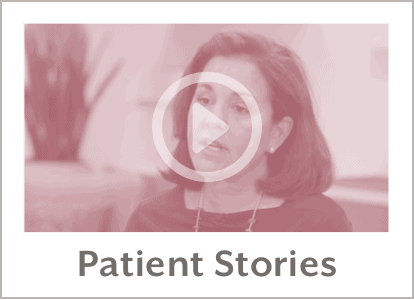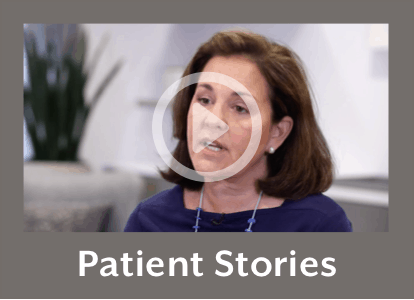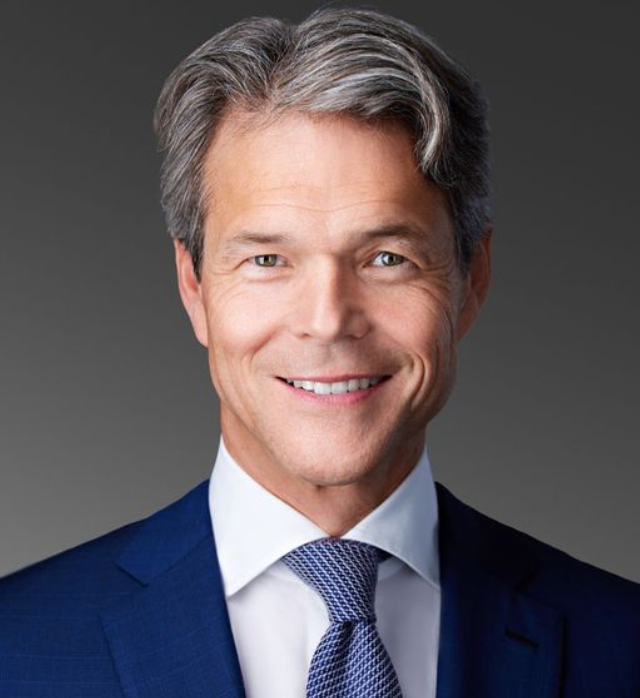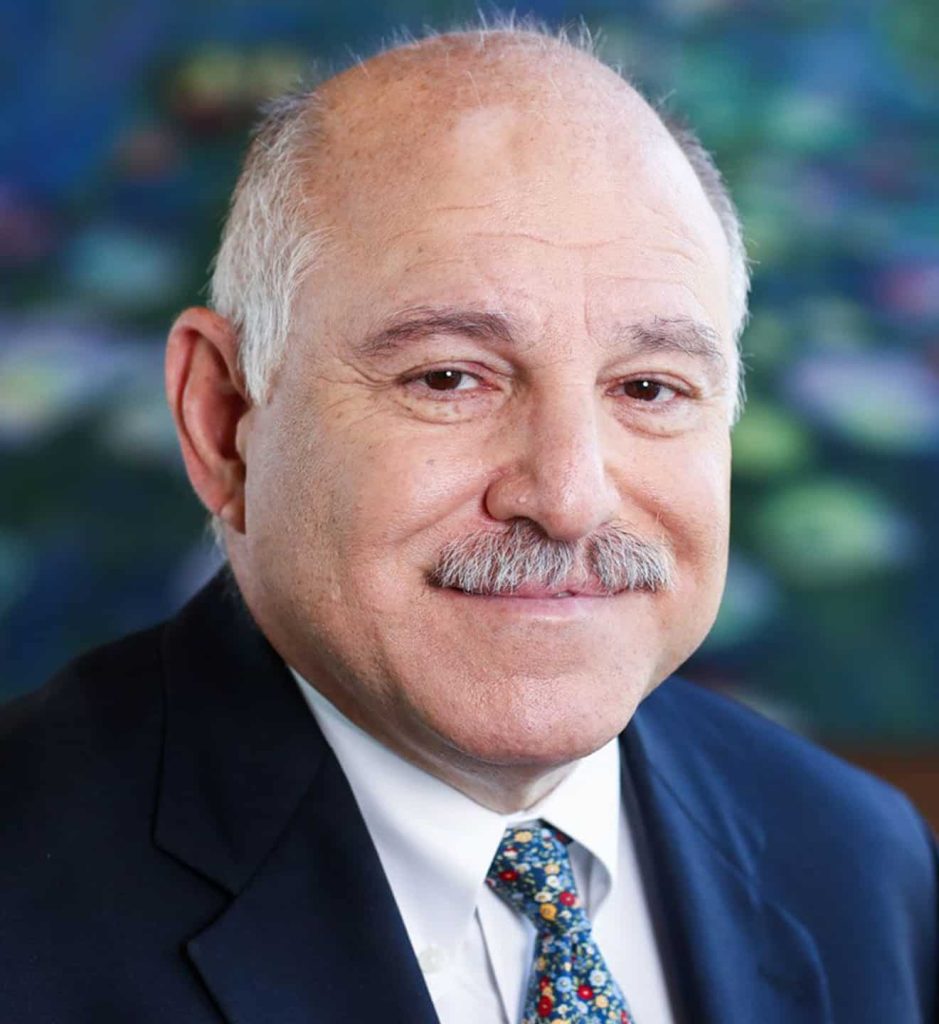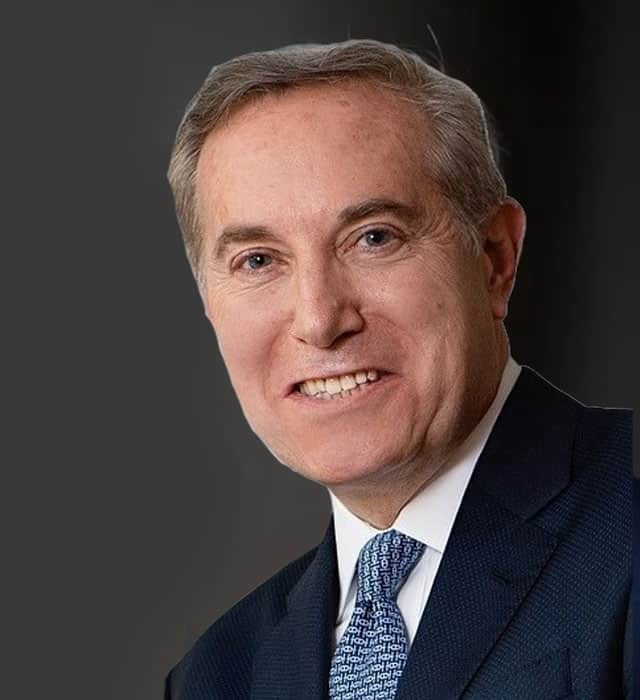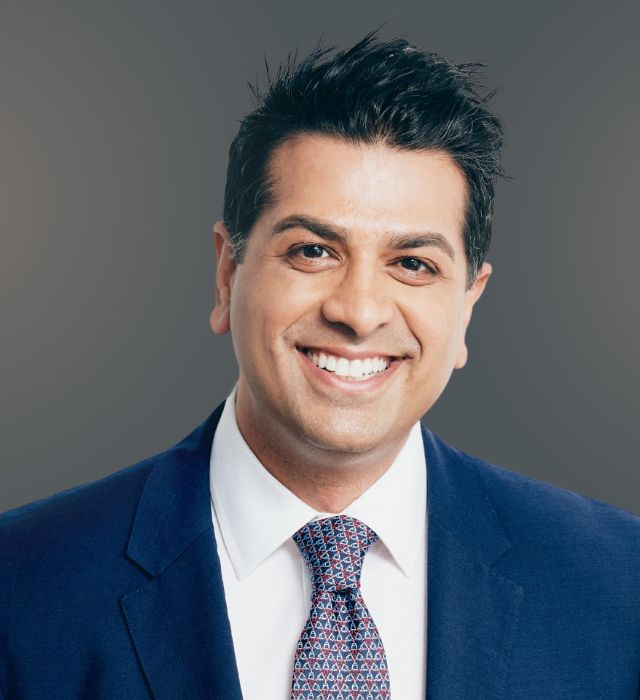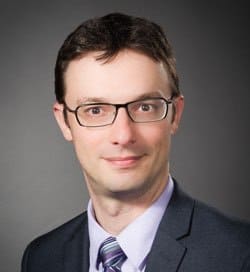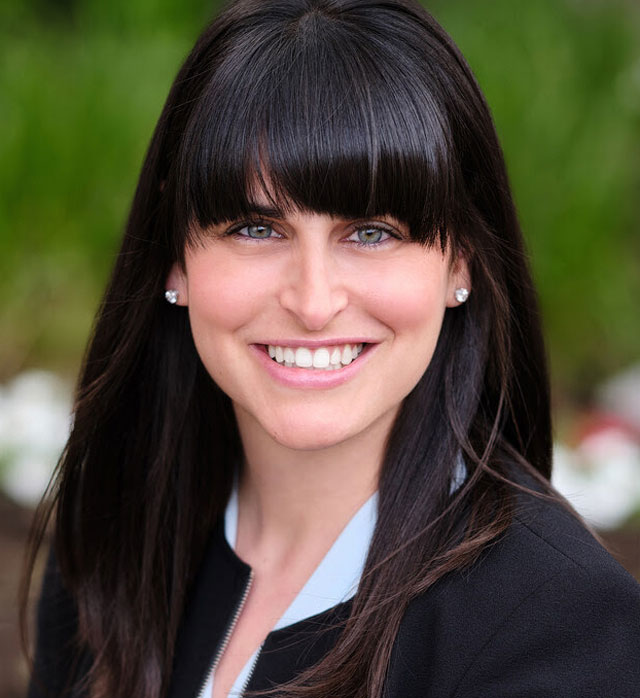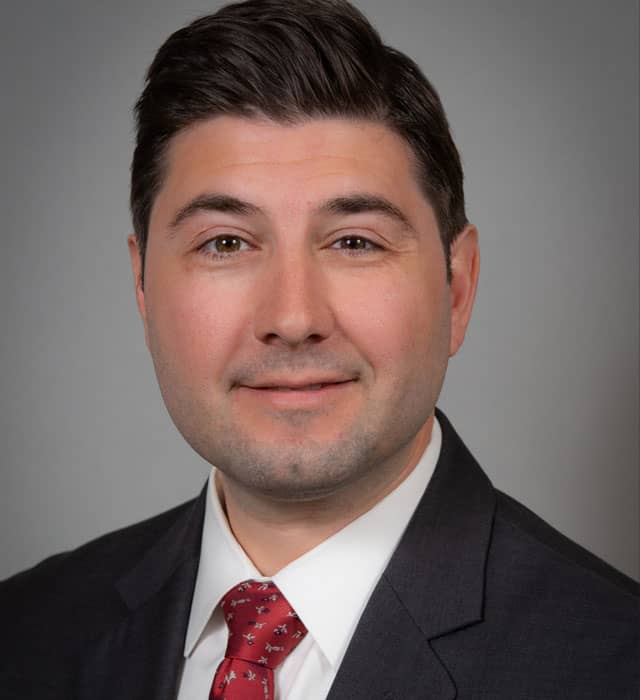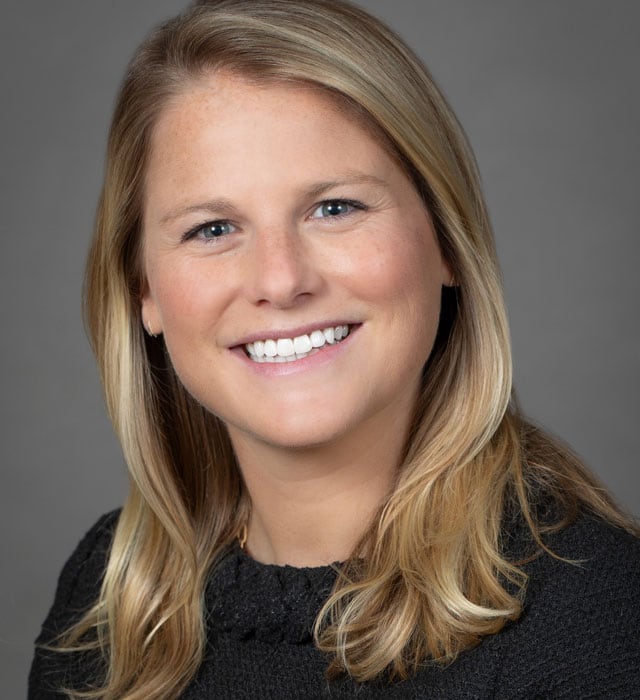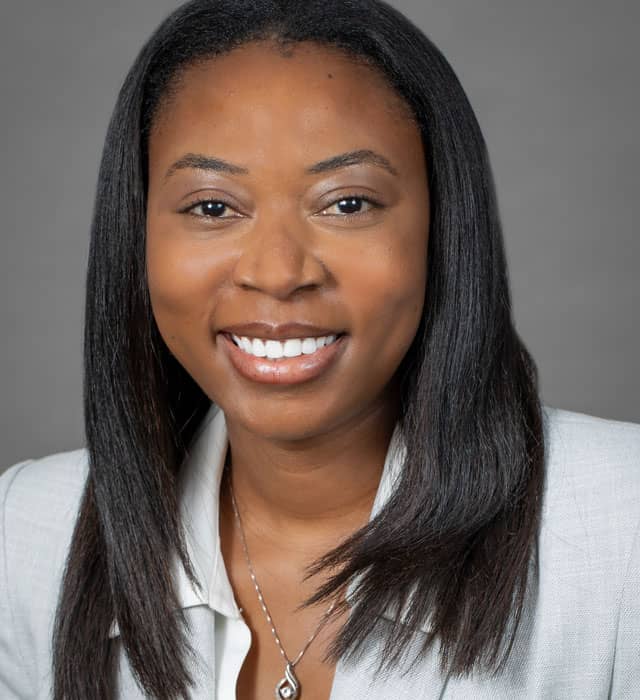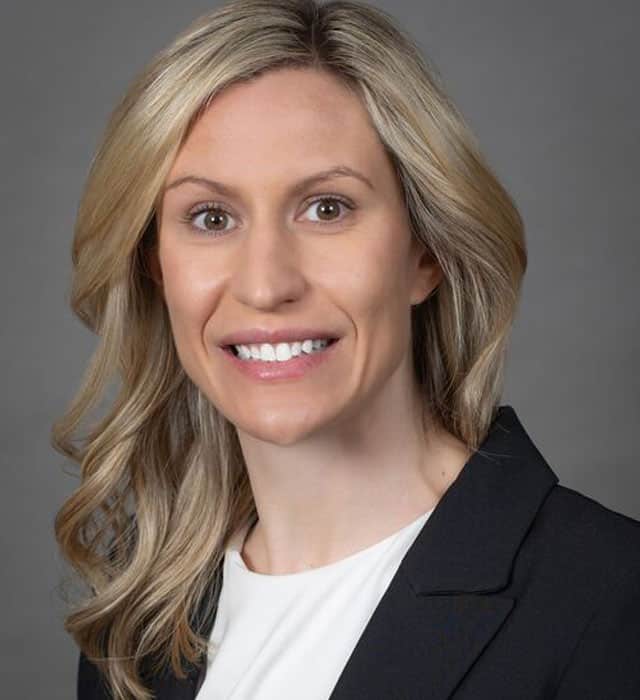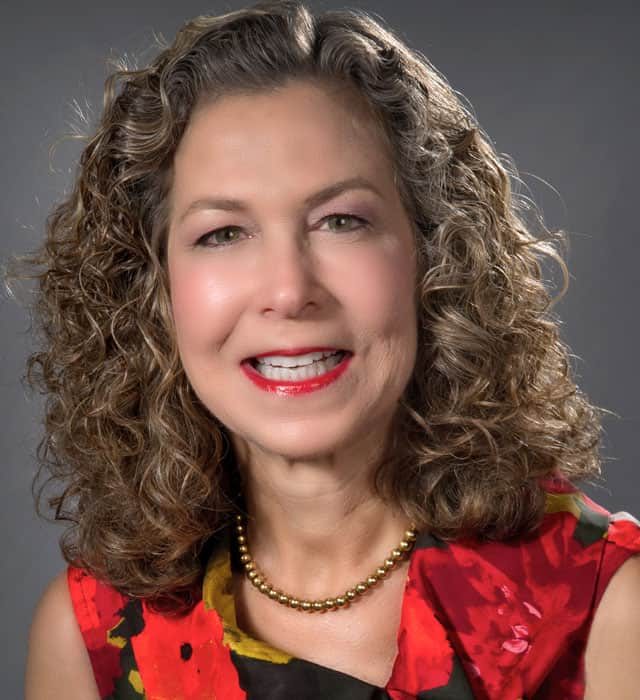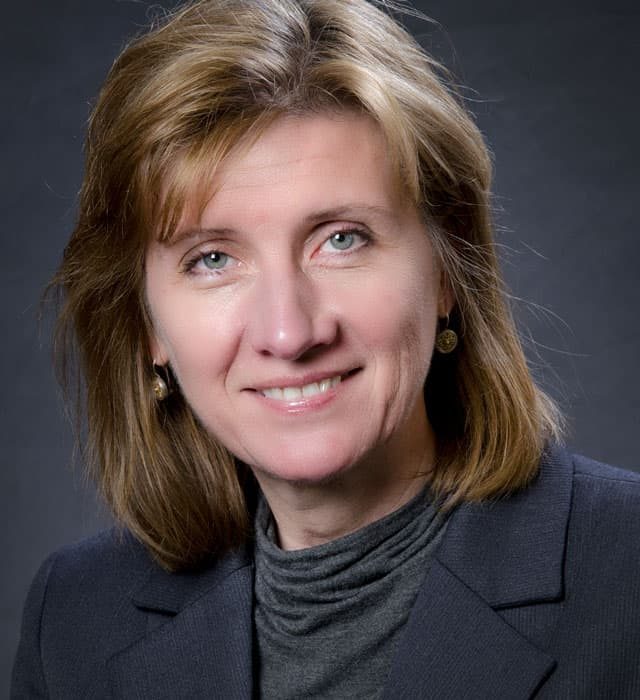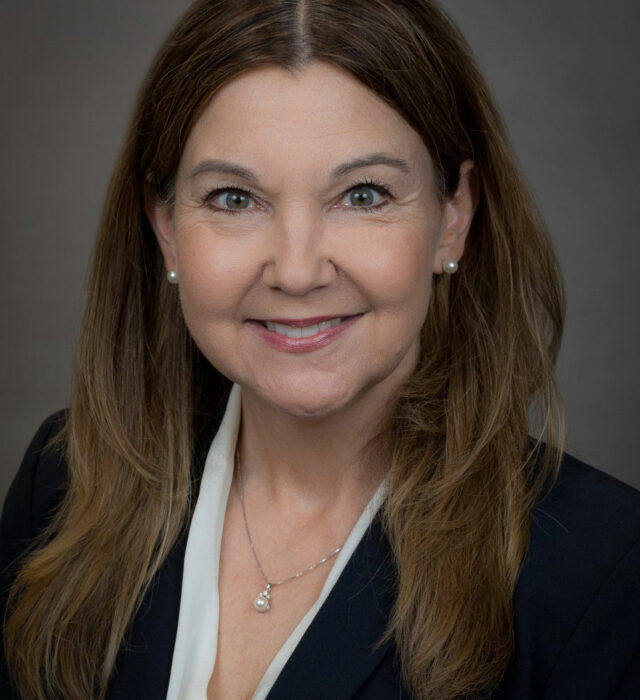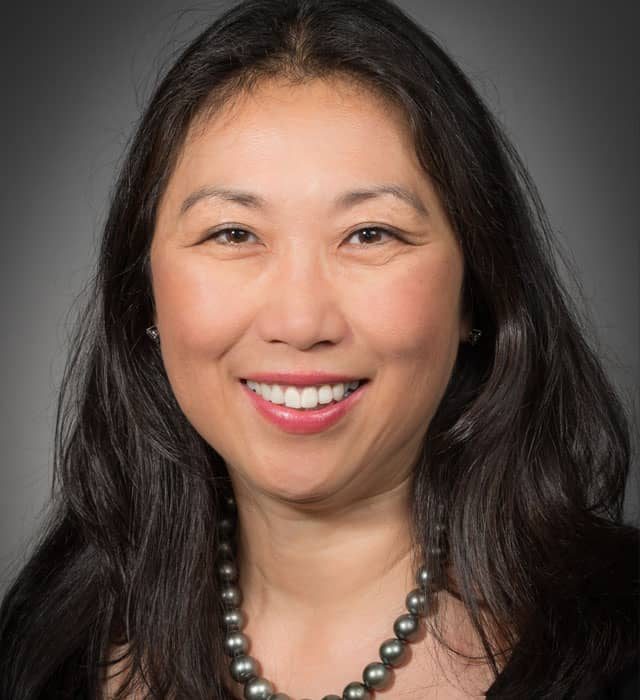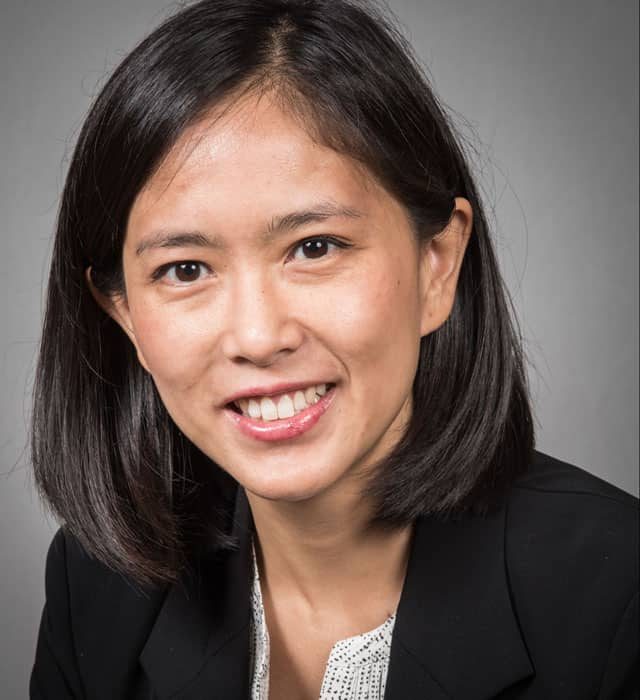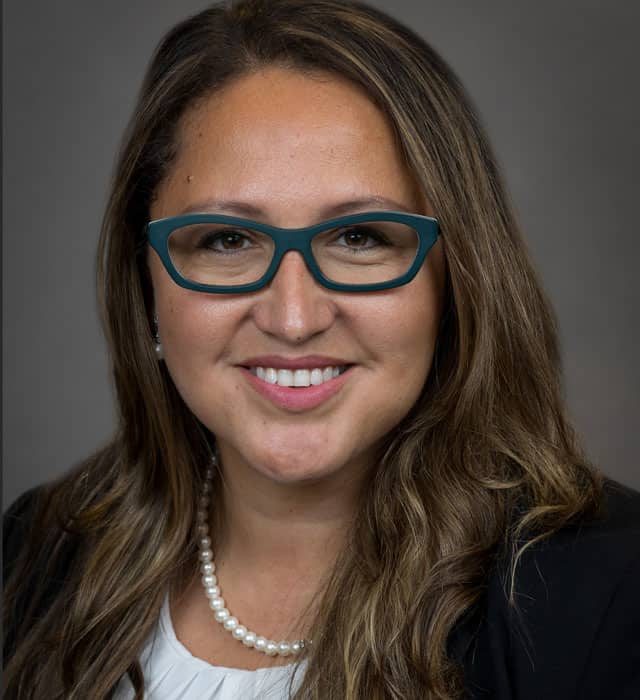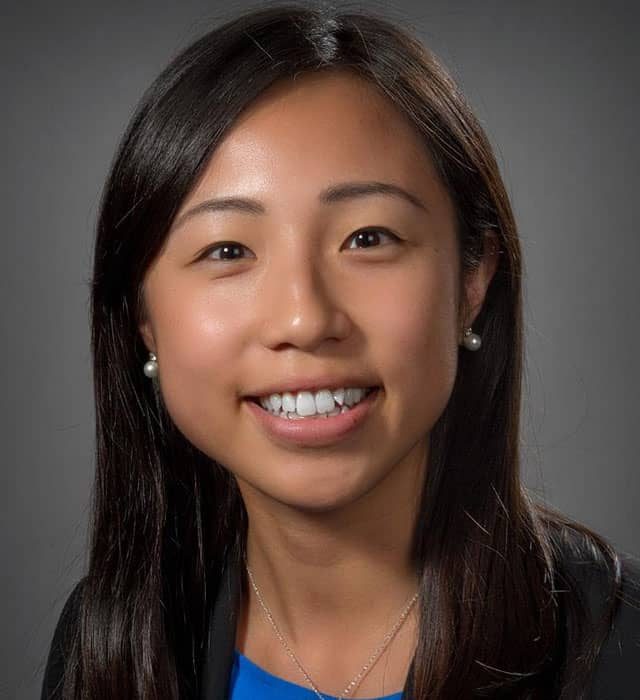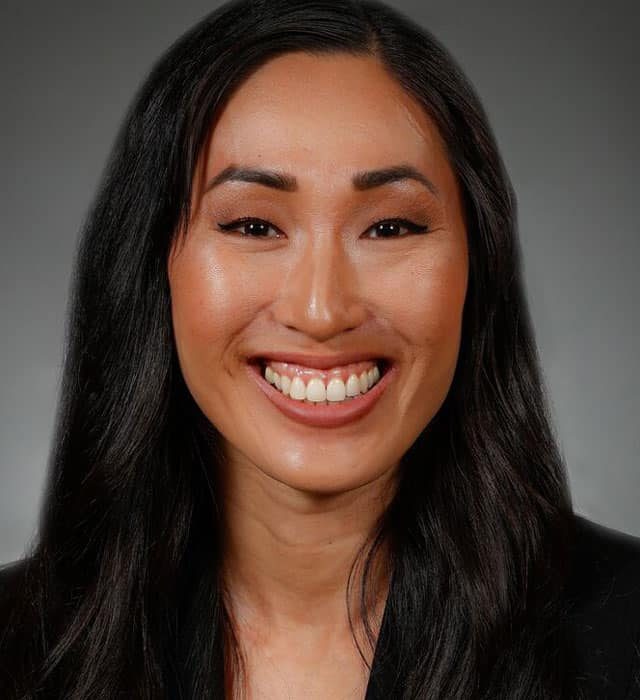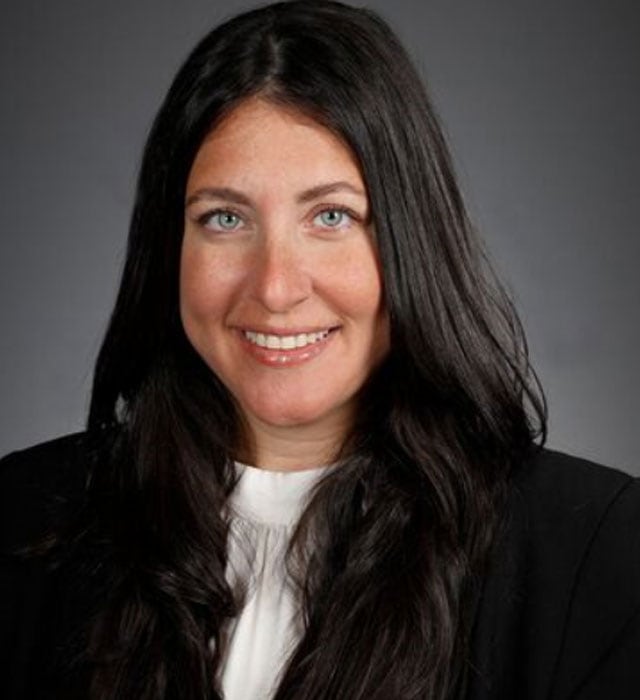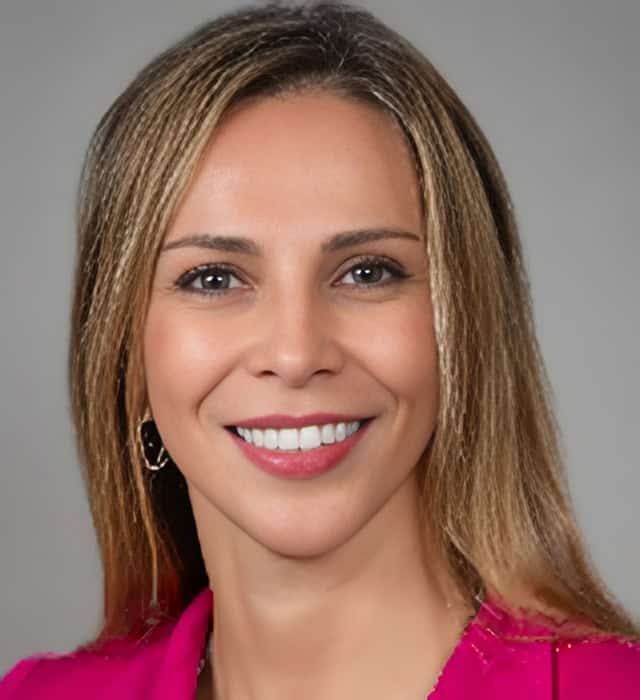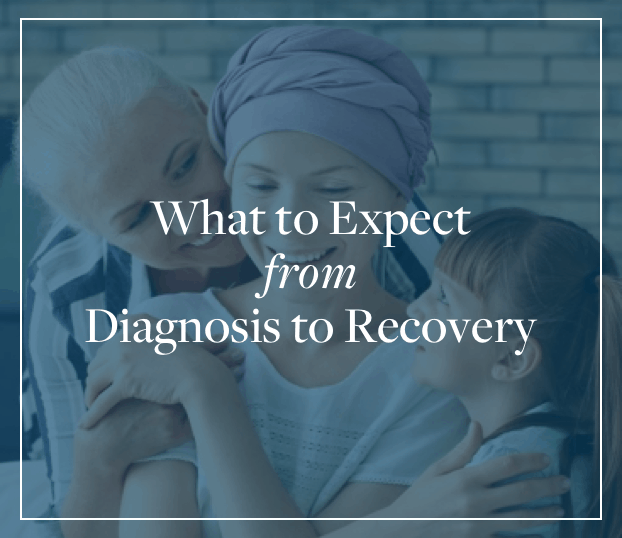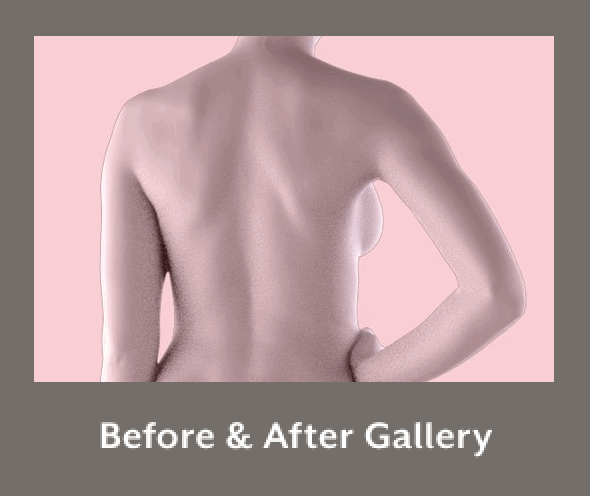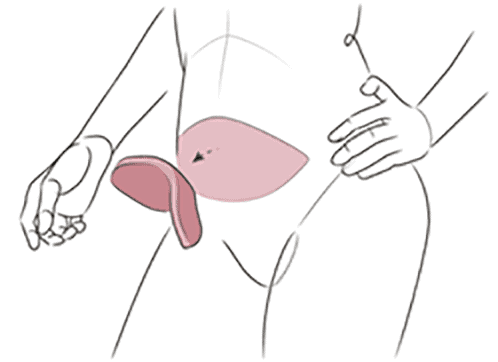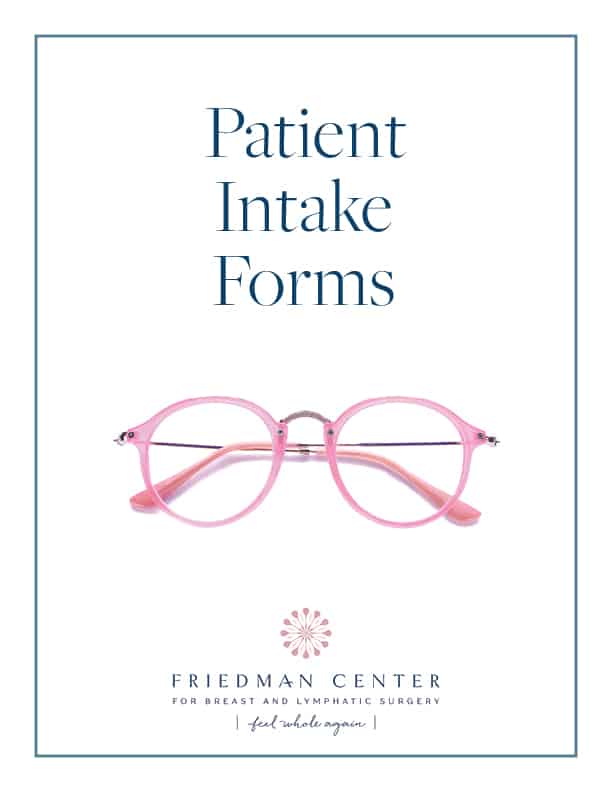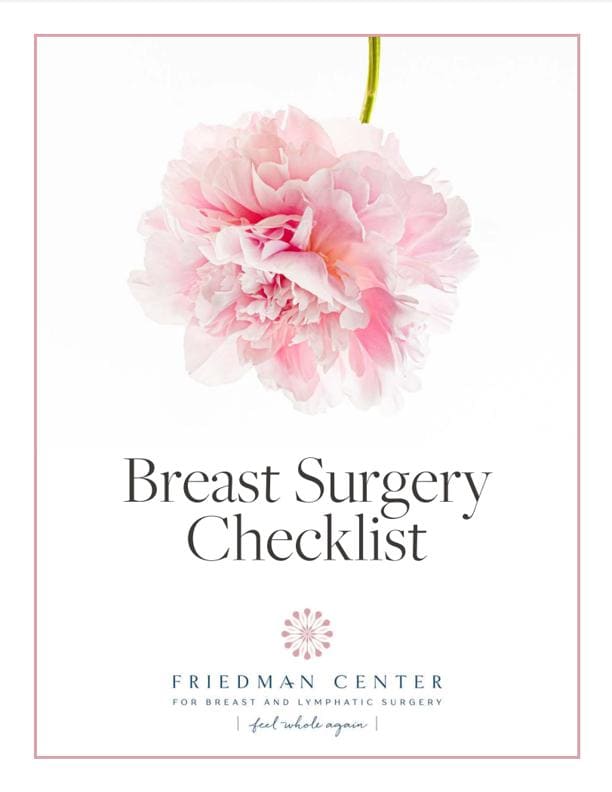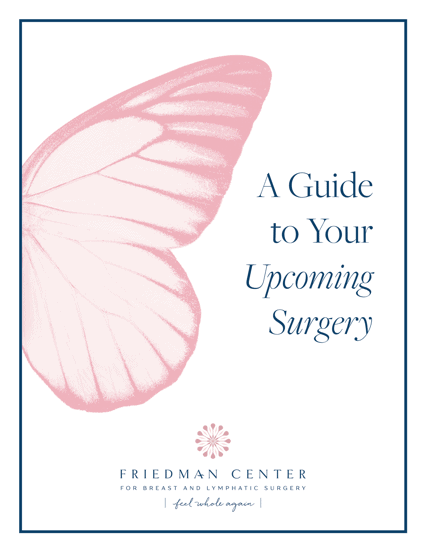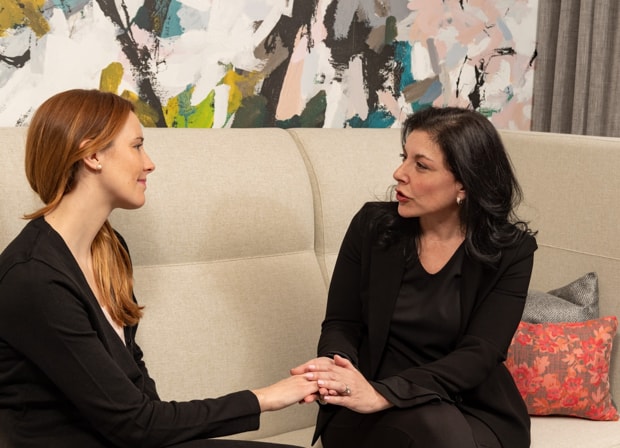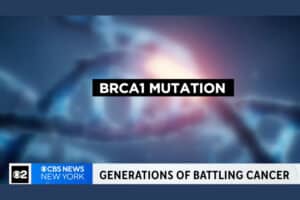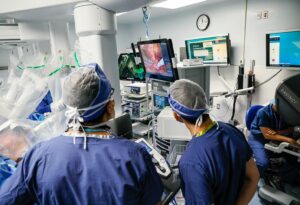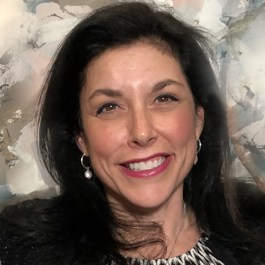
It was not an easy decision to remove both of my breasts. I come from a family infiltrated by breast cancer, and genetic testing revealed that I had an 87% risk of contracting breast cancer in my lifetime. So when I ultimately chose to have a preventative double mastectomy, I knew that although I would be losing my breasts, I would be gaining a sense of security and peace of mind.
Breast reconstruction is a challenging experience. I have no regrets about my risk-reducing mastectomy or my choice to have DIEP flap reconstruction (my belly fat was used to create my new breasts). Not every step was easy, but there are many women who have positive stories and who feel whole again—including me.
A New Normal
After reconstruction, you will develop a “new normal” and regain your sense of self. But it takes time; sometimes the reconstruction process takes longer than your cancer treatment. You may encounter setbacks or temporarily lose your way.
Women who are considering breast reconstruction after mastectomy usually have one main concern: how “real” will my reconstructed breasts look and feel? Put simply, you cannot expect a reconstructed breast to ever feel or look exactly like your own natural breast, but it can come pretty close. Tissue flap reconstruction tends to feel more natural than implant-based reconstruction. And it’s important to keep in mind that your new breasts will have little to no sensation; the “feel” refers to how realistic the breast feels if you were to touch it.
Eventually, you will adjust to the look and feel of your new breasts. You become accustomed to your new shape and size, or even a new profile. It’s an adjustment that takes some getting used to, and patience is absolutely required. It took me about a year to feel fully reconnected with my body after reconstruction.
Stronger than Before
Before my reconstruction, I was afraid of the psychological impact of losing my breasts. I wondered if I would still feel like a woman. I wondered how I would ever dress with confidence. I wondered how the change in my physical appearance would change how I felt about myself. Now, several years post-reconstruction, the scars have faded, and I am comfortable in my skin. I know I made the right decision for me and my family.
I can still feel shocked when I look in the mirror, shocked that my incredibly skilled plastic surgeon was able to achieve a fantastic outcome that far exceeded my expectations. My rebuilt chest resembles my natural breasts. My profile is restored, and my scars have become less noticeable over time. My breasts feel natural and soft to the touch. My newly reconstructed breasts have become part of me, part of who I am and part of my being. I am a whole woman again.
Loss of sensation is an unfortunate part of mastectomy. Although I am numb in the front of the breast, I did regain slight sensation on the outer perimeters of the breast. To be honest, I am grateful for any limited feeling I might have. It is part of the sacrifice I willingly made and part of my journey to accept the “new” me.
It was hard to say goodbye to my breasts, but I came through the reconstruction process feeling confident, strong, and beautiful. I’ll never forget my mastectomy, but it’s now in the distant past. I’ve returned to a sense of normalcy and feel just as feminine as I did before, but with a newfound sense of freedom. Every woman who is facing a cancer diagnosis or who has a high risk of breast cancer deserves to feel the same.
If you need breast surgery, either as a preventive measure or a life-saving measure, breast reconstruction is an important part of the healing process. Reconstruction can help you preserve your female beauty, confidence, and individual happiness.
I will never be the same person I was before reconstruction. I’m different now, inside and out. But I am here, happy and thriving, stronger and wiser.
–Janet Gerlach
Janet Gerlach is the Program Director for the Friedman Center. A dedicated patient advocate, she has contributed countless hours to helping women through the challenging journey of breast cancer and breast reconstruction.

